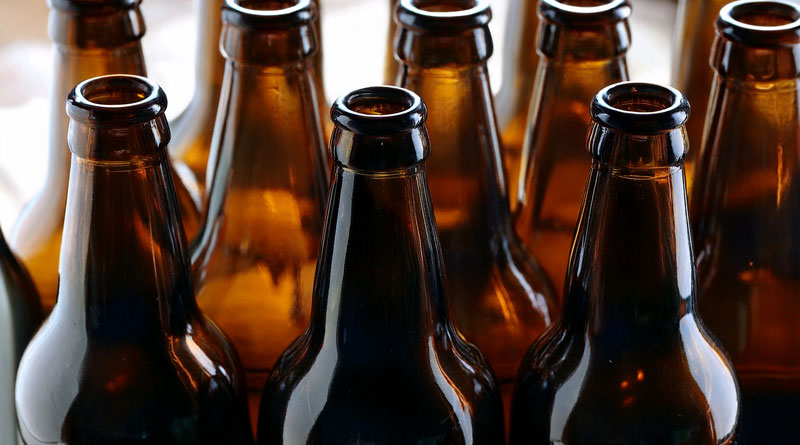WSTA Say Final Fees For DEFRA’s Flawed Waste Packaging Scheme (EPR) Confirm Industry Fears

The Wine and Spirit Trade Association (WSTA) has dubbed long overdue confirmation of the fees for the Government’s waste packaging tax scheme (EPR) as a blow to the drinks trade.
DEFRA had previously announced a provisional EPR fee for glass of £240 a tonne, the final figure has dropped to a £192 per tonne, further undermining business planning.
The WSTA argues that the revised fees are still extortionately high for glass, which the industry says is likely to encourage producers to switch from highly recyclable glass to more environmentally damaging forms of packaging, as non-glass containers are not subject to any EPR fees. We are urgently calling on the Government to delay EPR and review the methodology for fee calculation.
Miles Beale, Chief Executive of the Wine and Spirit Trade Association, said:
“Wine and spirit businesses have been waiting a long time for confirmation of glass price fees and while the final EPR prices announced today provides financial certainty for accounting purposes, the scale of the glass fees confirms industry fears.
These hefty EPR fees are still significantly more per unit compared with charges across Europe, 8 times more than in Germany, and 3 times more than in Croatia or Finland.
Modulated fees have been confirmed for year 2 of the scheme (2026). Packaging classified as red, will increase incrementally 1.2x in 2026, 1.6x in 2027 and 2x (double the base fee) in 2028. There is no time to avoid these fees for produce sold this year. This is especially impactful on SMEs and importers who need time to make changes and may not have revenues to cover these unknown costs.
This news is another blow to the sector, which is already reeling from consecutive duty hikes and whose margins are already tight. Having to pay the highest EPR fee for glass will force businesses to pass the costs onto consumers, pushing up inflation while – perversely – encouraging the use of cheaper and less sustainable packaging alternatives.”
Drinks producers and retailers across the UK are frustrated that DEFRA refused to delay introducing the scheme in April, even though it has acknowledged there are still major issues with the scheme, and even admitted earlier this year that it won’t improve recycling.
The OBR’s forecast accompanying the Spring Statement revealed: “the policy is unlikely to have a material impact on rates of recycling or packaging waste volumes in the next five years.” Prices are likely to continue to grow as EPR income, paid to Local Authorities, is not ringfenced. This means the money can be spent on other costs, breaking the circular economy and ‘polluter pays’ principles.
This gap between rhetoric and reality is proving familiar. The promise to exclude hospitality waste, which is disposed of via private waste collections, from EPR has not been delivered either. Unless the Government intervenes, most hospitality waste will be unfairly charged EPR.
DEFRA expects 85% of businesses to raise prices because of EPR, but the WSTA believes that the number of wine and spirit producers forced to put up their prices will be greater.
